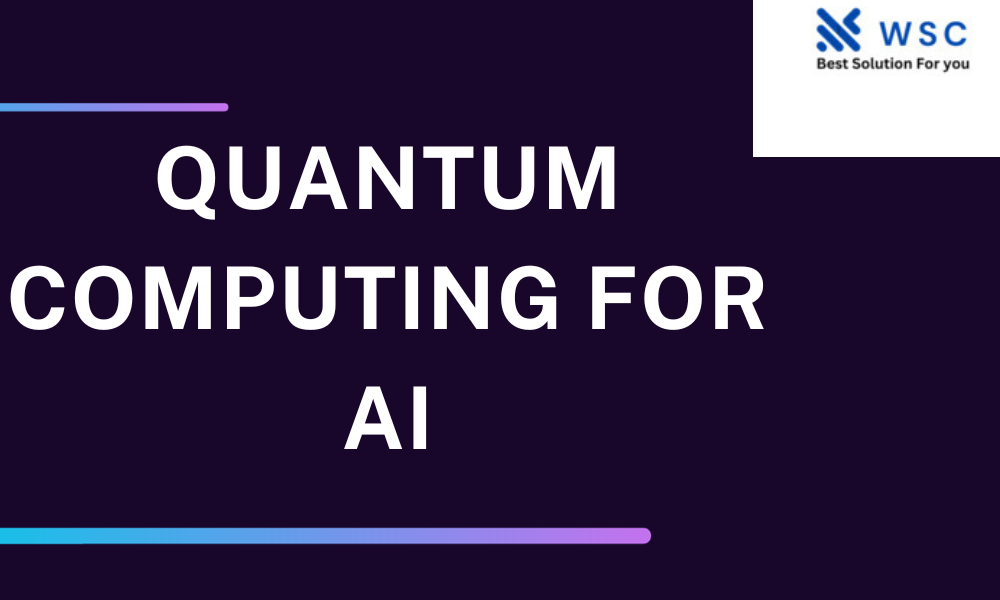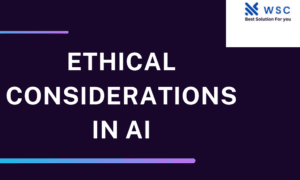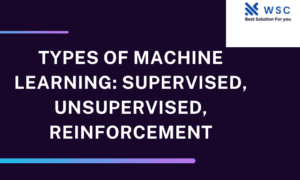In the ever-evolving landscape of technology, Quantum Computing has emerged as a game-changer for the field of Artificial Intelligence (AI). This article delves deep into the intersection of Quantum Computing and AI, exploring the potential, the challenges, and the transformative impact on various industries. Buckle up, as we embark on a journey into the future of computing and its implications for AI.
Understanding Quantum Computing
Before we can truly grasp the synergy between Quantum Computing and AI, it’s crucial to understand what Quantum Computing is. Traditional computers use bits as the fundamental unit of data, represented as 0s and 1s. Quantum computers, on the other hand, leverage quantum bits or qubits. These qubits can exist in multiple states simultaneously, thanks to the principles of superposition and entanglement, making quantum computers exceptionally powerful for specific tasks.
The Power of Quantum Superposition
Superposition allows qubits to exist in all possible combinations of 0 and 1 at the same time. This property provides quantum computers with immense processing capabilities, making them ideal for handling complex AI algorithms. Quantum computers can explore multiple solutions to a problem in parallel, significantly speeding up tasks like optimization and data analysis.
Quantum Entanglement and its Implications
Entanglement is another remarkable feature of quantum computing. When qubits become entangled, the state of one qubit is inherently linked to the state of another, even if they are separated by vast distances. This property can be harnessed to create quantum networks with unmatched communication and security benefits, a vital aspect for AI systems that rely on data sharing and encryption.
Quantum Computing and AI: A Perfect Match
Now that we’ve established the basics of quantum computing, let’s explore how it seamlessly integrates with AI to unlock new frontiers.
Quantum Machine Learning
Traditional machine learning algorithms are limited by the classical computational constraints. Quantum Machine Learning (QML) algorithms, however, can process large datasets and perform complex calculations exponentially faster. This acceleration is a game-changer for AI applications like natural language processing, image recognition, and recommendation systems.
Solving Complex Problems
AI often faces complex optimization problems, such as route planning, drug discovery, and financial modeling. Quantum computing’s ability to explore multiple solutions in parallel allows AI to find optimal solutions to these challenges more rapidly, saving time and resources.
Enhanced Data Security
Quantum computing’s entanglement property also offers robust security solutions for AI. Quantum encryption ensures that sensitive AI-generated data remains safe from potential breaches, a critical factor in the age of data privacy concerns.
Challenges on the Horizon
While the synergy between Quantum Computing and AI is promising, there are challenges to overcome.
Quantum Hardware Limitations
Quantum computers are still in their infancy, with limited qubits and fragile states. Scaling up quantum hardware to meet the demands of AI applications is a significant hurdle.
Algorithm Development
Adapting AI algorithms to harness the full potential of quantum computing is a complex task. Researchers are continuously working on creating quantum-ready algorithms.
Cost and Accessibility
Quantum computing technology is expensive and not readily accessible to all. This restricts its integration with mainstream AI projects.
Industries Transformed
Quantum computing’s synergy with AI has the potential to revolutionize various industries.
Healthcare
In the healthcare sector, AI-powered drug discovery, disease diagnosis, and personalized treatment plans can be greatly accelerated with quantum computing.
Finance
Financial institutions can benefit from quantum computing’s ability to optimize portfolios, detect fraudulent activities, and predict market trends more accurately.
Transportation
Quantum-powered AI can enhance traffic management, reduce energy consumption, and improve autonomous vehicle navigation, transforming the transportation industry.
The Future of Quantum Computing for AI
As quantum computing technology continues to advance, its partnership with AI is poised to reshape the technological landscape. The possibilities are endless, and the potential benefits are significant. However, it’s essential to address the challenges and work towards making quantum computing more accessible to ensure its seamless integration into the world of AI.
In conclusion, the marriage of Quantum Computing and AI is a journey into uncharted territory, offering boundless opportunities and innovations. As we move forward, embracing this synergy will undoubtedly propel us into a future where AI-driven solutions are more powerful, efficient, and secure than ever before.




